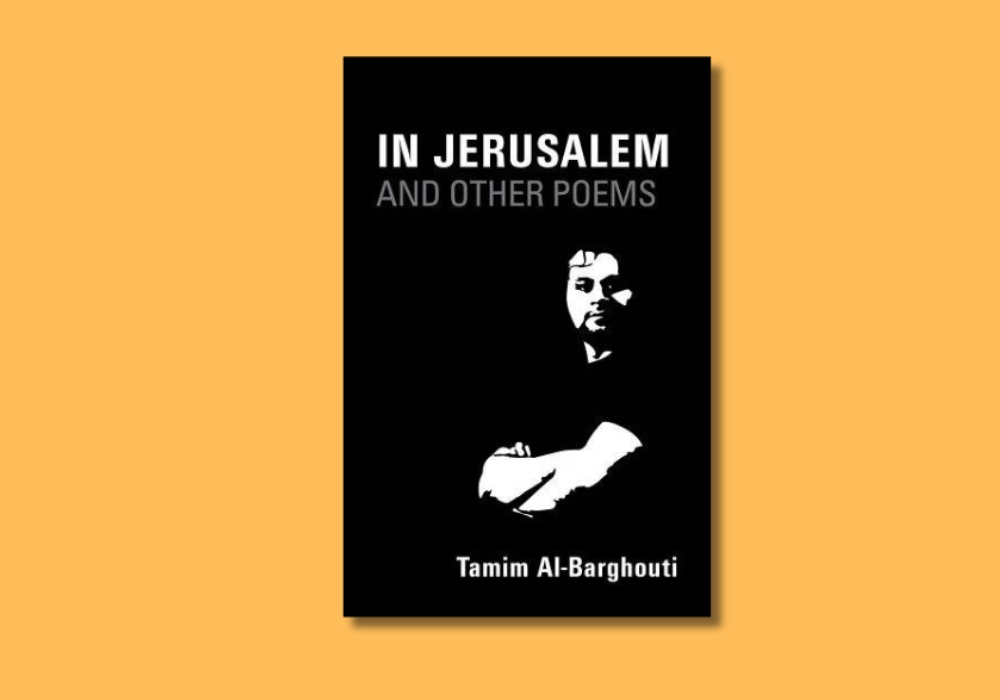The highlight of the third and final day at the Literary Translation Center was a conversation among poets, editors, and translators about an exciting new book of contemporary Chinese poetry. The book is called Jade Ladder—and the panelists discussing it, and related subjects, sounded like just the playful, dissenting and sensitive voices you’d hope to find in such company. At the center was poet Yang Lian, who described one poem in the collection as a “flower that opens up inwardly.” He flashed a mischievous grin at the thought—knowing how curious and compelling that sounds in English (how apt too!)—and added that poets may well be writing to confound translation. Or at least to court it with a thorny challenge. Translators have to scramble to be as nimble and creative in their re-formulations as the poets themselves were in their formulations. “As a translator I’m after the same image as the poet; I’m trying to create the same image in the mind’s eye of the reader,” said translator Bill Herbert. “The only difference, in terms of craft, between the poet and the translator, who’s also a poet, is what’s taken as source material.”
Particularly with a language that can be as hermetic as Chinese, translators not only have to be at their most dexterous, but also to evolve new strategies for engagement altogether. As series co-editor WN Herbert (of Newcastle University) put it, he and his colleagues aimed to convey linguistic and cultural depths through surface movements. Single linguistic maneuvers on the level of the line were designed to conjure voices, textures, and feelings that ran, sometimes unendingly, beneath the words on the page; these subterranean contexts, as it were, prop up the words on the page; just as the words allow readers to plumb the depths of varied meanings.
Sharing the podium was translator Nicky Harman, something of a fixture at the Translation Centre, and the revered translator of the Chinese poet Han Dong. Dong’s collected poems, rendered into English by Harman’s expert hand, are due out in English this summer, under the title A Phone Call from Dalian. For those who can’t wait, we recommend a thirst-quenching story by Xu Zechen, translated by Nicky Harman in this month’s issue of Words without Borders.










